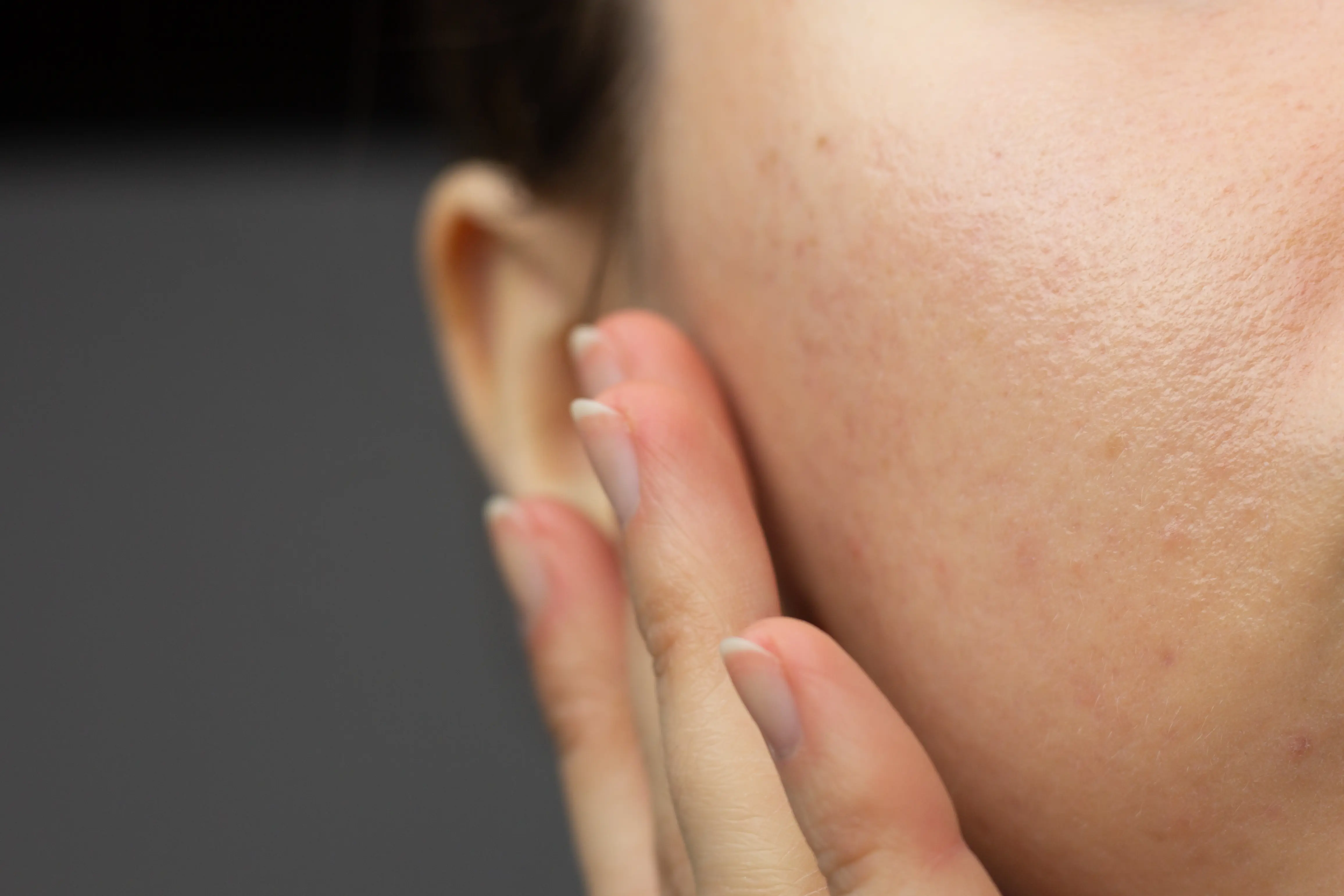Uneven skin tone and dark patches can be distressing for many people. One of the most common concerns brought to dermatologists and aesthetic providers is hyperpigmentation. While this condition is not usually harmful, it can be frustrating to deal with and may affect self-confidence. In this article, we’ll break down what hyperpigmentation is, what causes it, how it can be treated, and the best ways to prevent it from returning.
What is Hyperpigmentation?
Hyperpigmentation occurs when certain areas of the skin become darker than the surrounding skin. This darkening is caused by an excess production of melanin, the pigment that gives skin its color. It can affect people of all skin types and tones, although it may be more noticeable in those with medium to dark skin.
There are several types of hyperpigmentation. The most common include:
- Melasma: Often triggered by hormonal changes, melasma presents as brown or gray-brown patches, commonly on the face.
- Sunspots: Also known as solar lentigines or liver spots, these are caused by long-term sun exposure.
- Post-inflammatory hyperpigmentation (PIH): This results from skin trauma or inflammation, such as acne, eczema, or a cut that has healed.
5 Common Causes of Hyperpigmentation
Understanding the root cause of hyperpigmentation is key to choosing the right treatment. The most common causes include:
Sun Exposure
Ultraviolet (UV) rays from the sun stimulate melanin production. Over time, this can lead to sunspots or freckles becoming darker and more widespread.
Hormonal Changes
Pregnancy, birth control pills, or hormone replacement therapy can trigger melasma due to increased estrogen and progesterone levels.
Skin Trauma or Inflammation
When skin experiences trauma from acne, injury, or certain skin procedures, it can respond by overproducing melanin during the healing process.
Certain Medications
Drugs such as antibiotics, chemotherapy agents, and antimalarials can sometimes cause pigmentation as a side effect.
Underlying Medical Conditions
Some diseases like Addison’s disease or hemochromatosis can also cause darkening of the skin in various areas.
Effective Treatments for Hyperpigmentation
At Amara Medical NYC, we offer a range of customized treatments designed to target different forms of hyperpigmentation. The right approach depends on the severity, type, and cause of pigmentation.
Topical Treatments
Prescription creams containing ingredients like hydroquinone, retinoids, kojic acid, or azelaic acid can help lighten dark spots over time.
Chemical Peels
These treatments involve applying a chemical solution to exfoliate the skin and encourage the growth of new, evenly pigmented cells.
Laser Therapy
Laser treatments such as intense pulsed light (IPL) and fractional lasers target pigment in the skin and can offer noticeable improvements after a series of sessions.
Microneedling with Serums
Microneedling stimulates collagen production and helps deliver skin-brightening serums deep into the skin to treat pigmentation from within.
Medical-Grade Skincare
Customized skincare routines with targeted serums and SPF are essential to maintain results and reduce the chance of recurrence.
Long-Term Prevention Strategies
Preventing hyperpigmentation is often easier than treating it. With the right habits, you can protect your skin and maintain a more even complexion.
Daily Sun Protection
Wearing sunscreen with at least SPF 30 every day is one of the most effective ways to prevent sun-induced pigmentation. Reapply every two hours if you're outside.
Avoid Picking at Your Skin
Touching or squeezing pimples or scabs can lead to inflammation and PIH. Let your skin heal naturally to avoid unwanted marks.
Balance Hormones with Care
If you’re prone to melasma, speak with your provider about hormone-based medications and possible alternatives.
Use Gentle Skincare Products
Harsh exfoliants or irritating ingredients can damage the skin barrier and lead to more pigment issues. Stick to calming, dermatologist-recommended products.
Regular Professional Treatments
Schedule regular facials or mild peels to keep your skin healthy and pigmentation in check.
Discover the Best Care for Hyperpigmentation in Staten Island, NY
If you’re struggling with hyperpigmentation in Staten Island, NY, the team at Amara Medical NYC is here to help. We understand the personal and medical impact that pigmentation can have, and we offer tailored treatment plans designed to deliver real results. Book a consultation today and let us help you restore balance and clarity to your skin.





